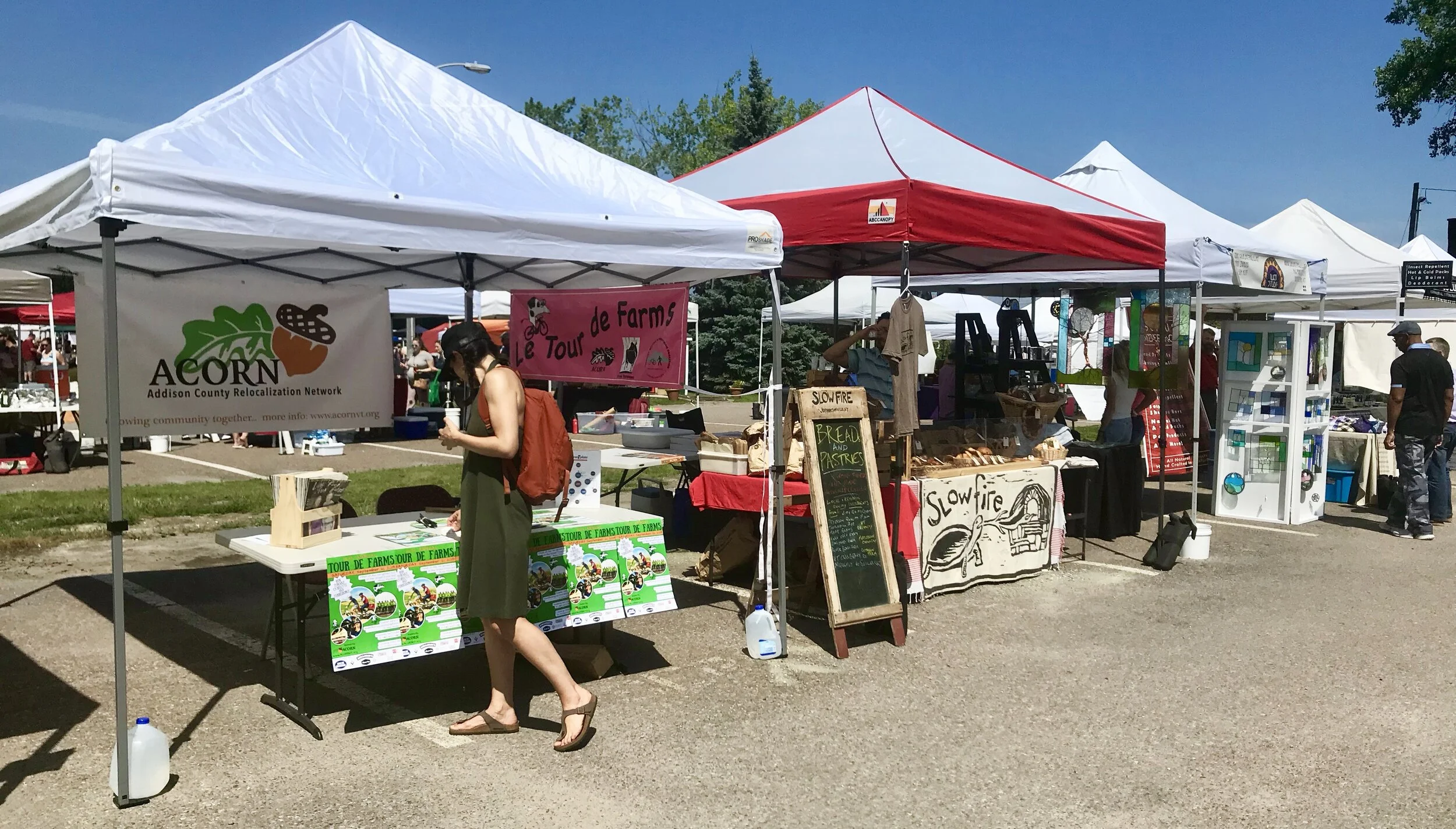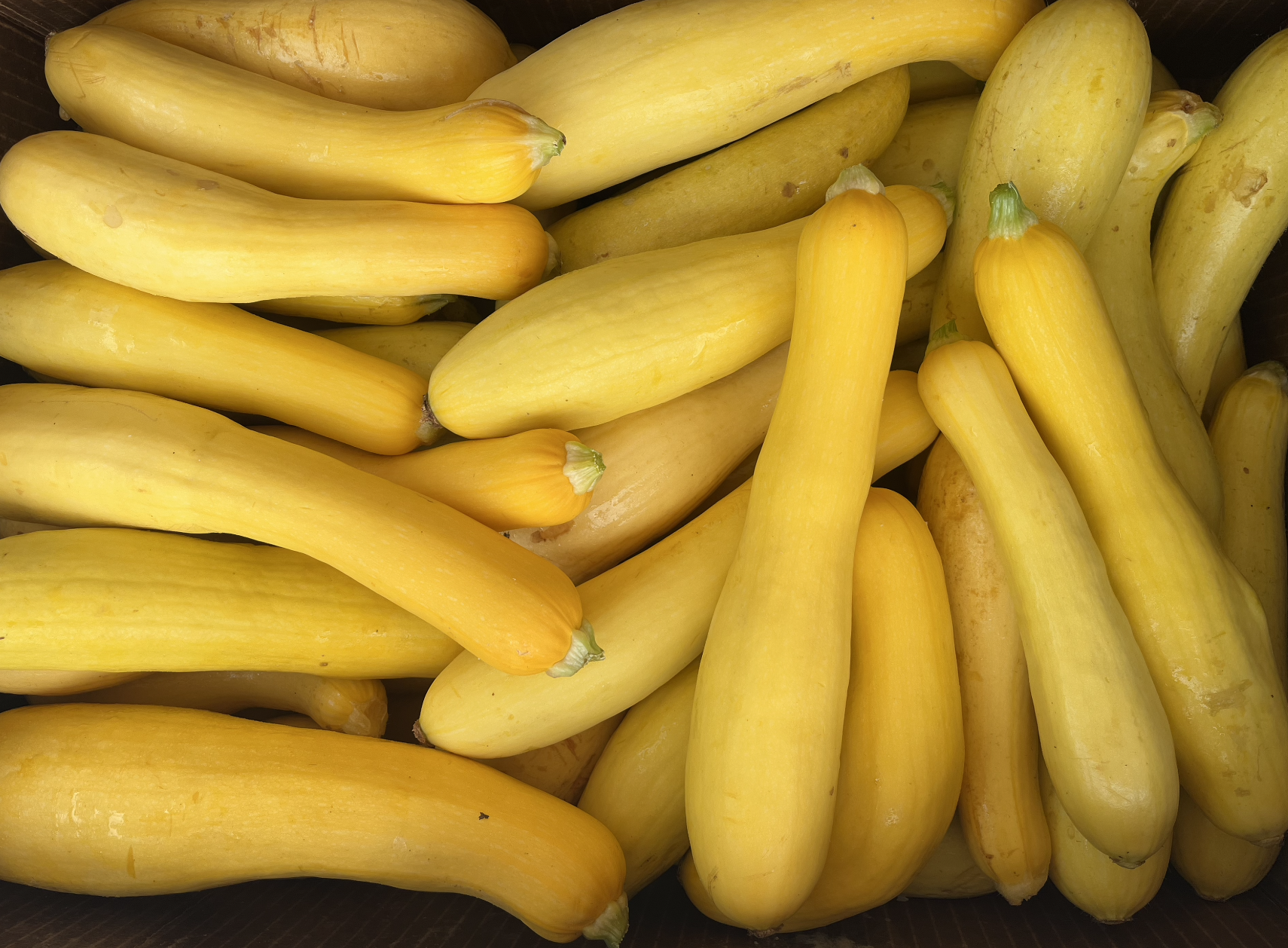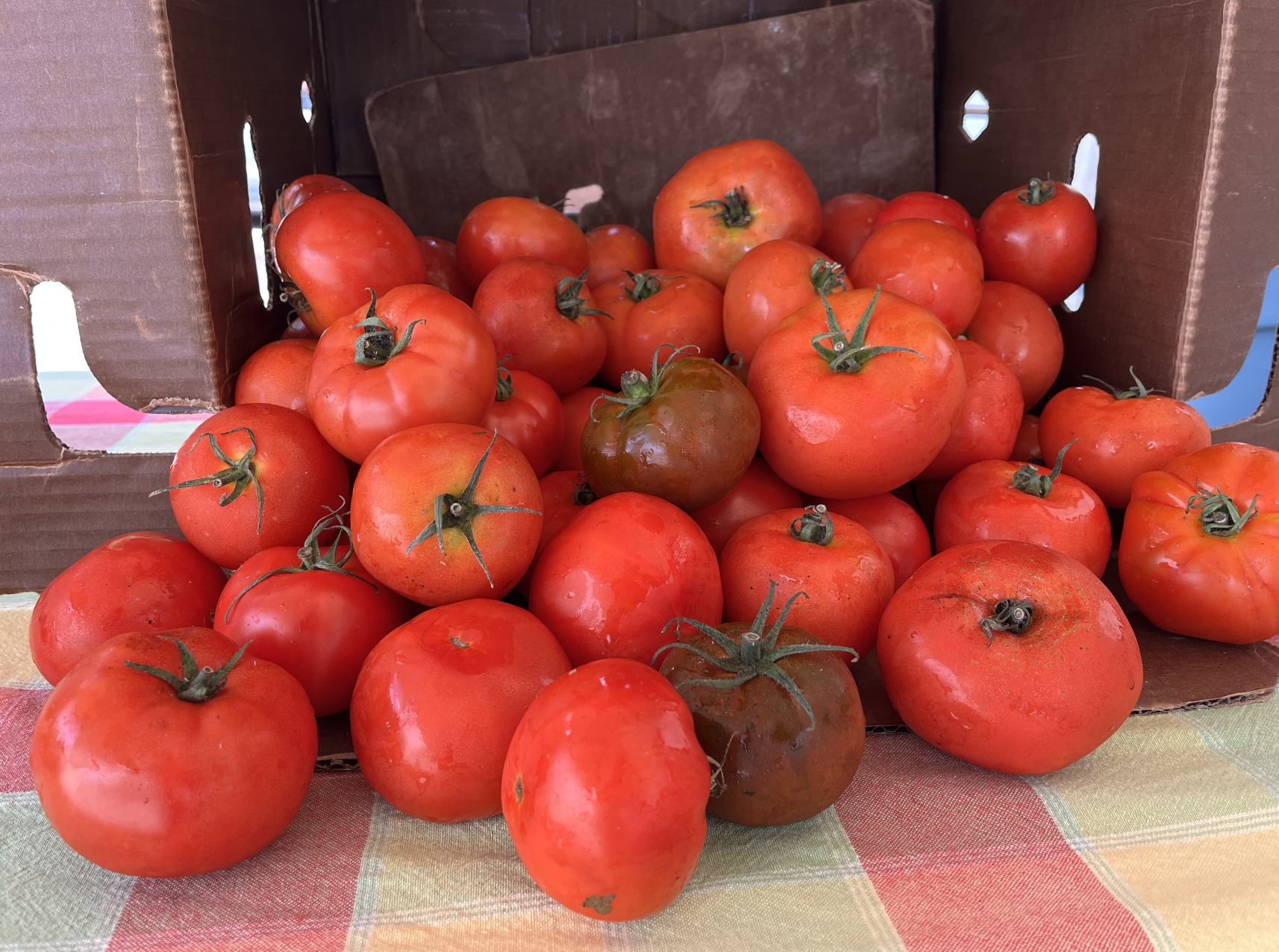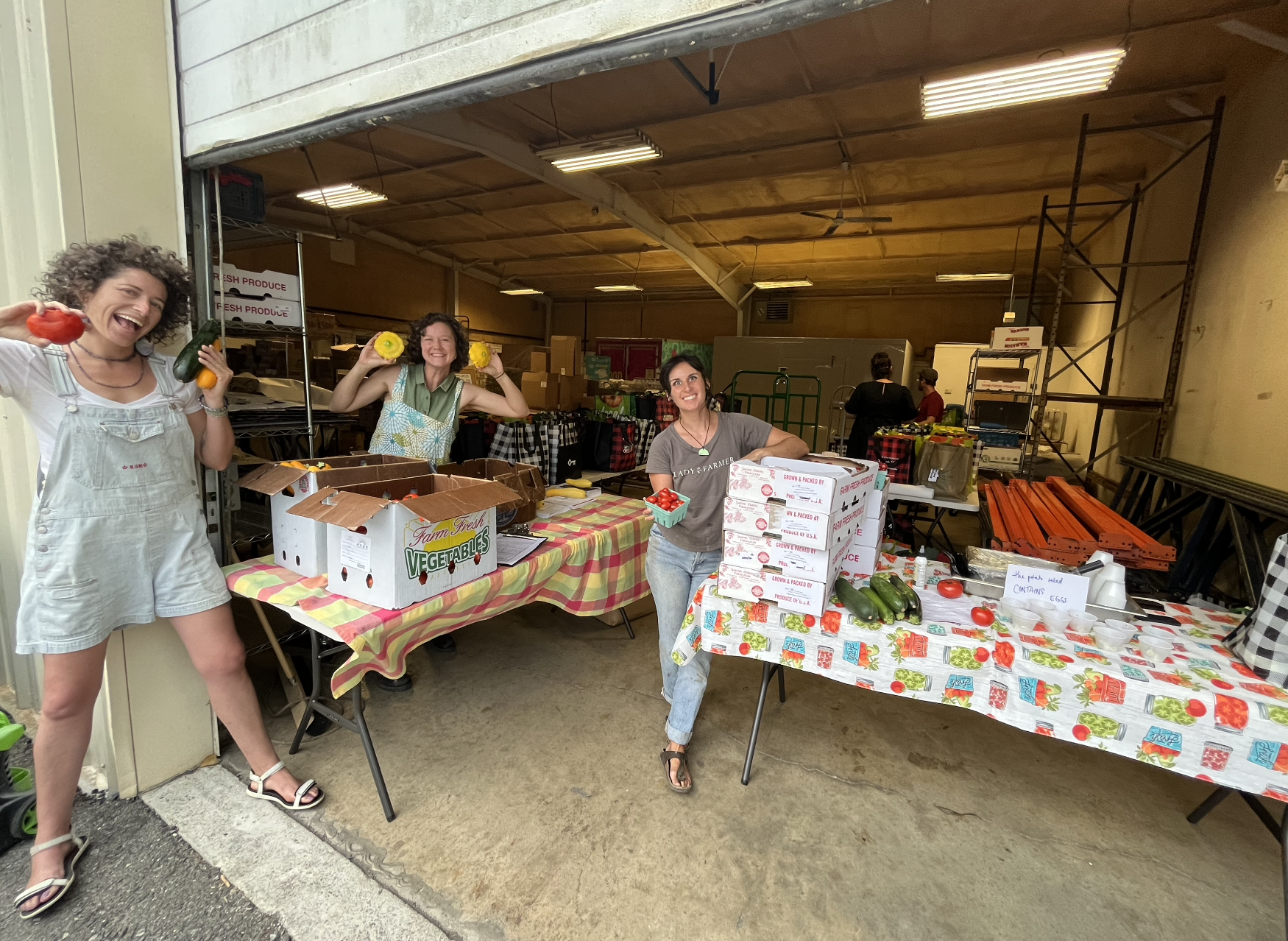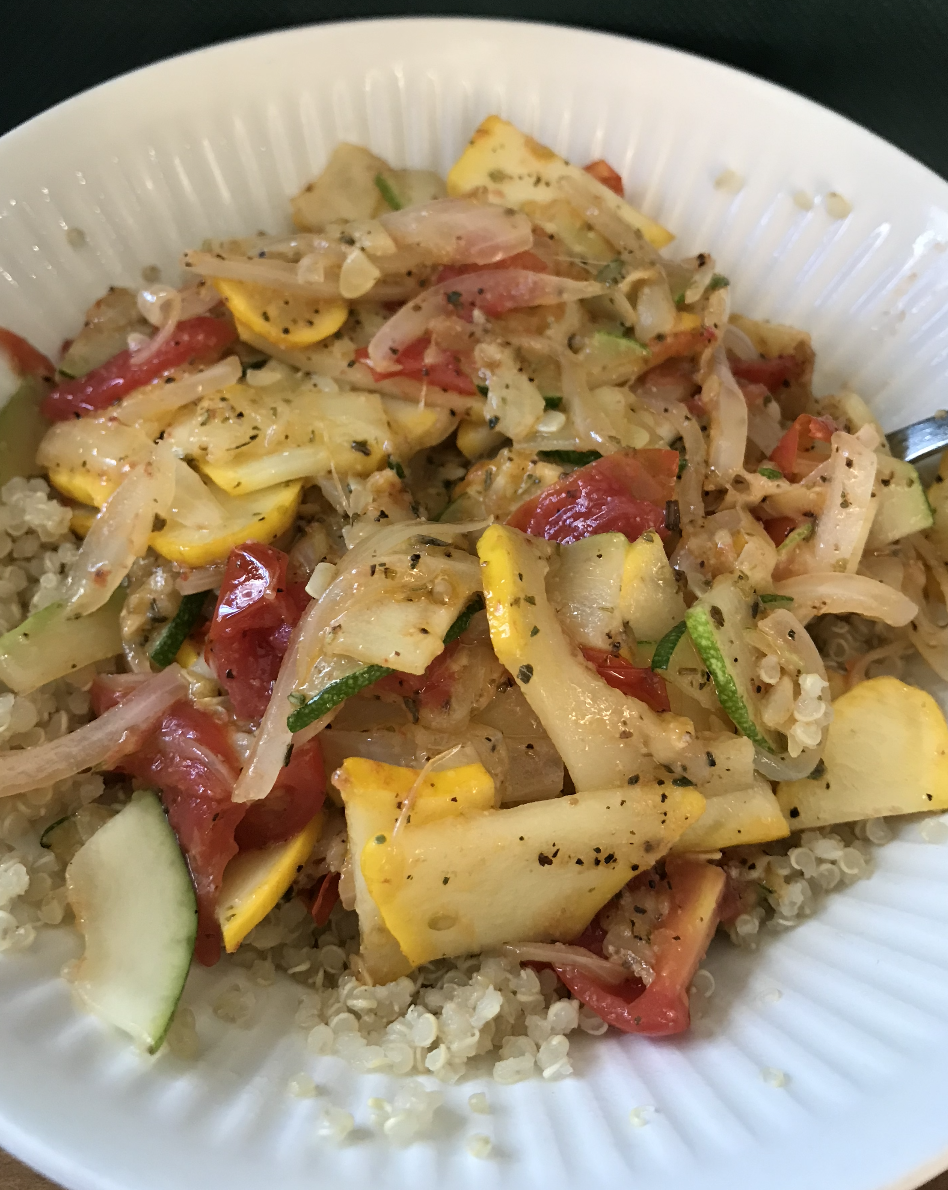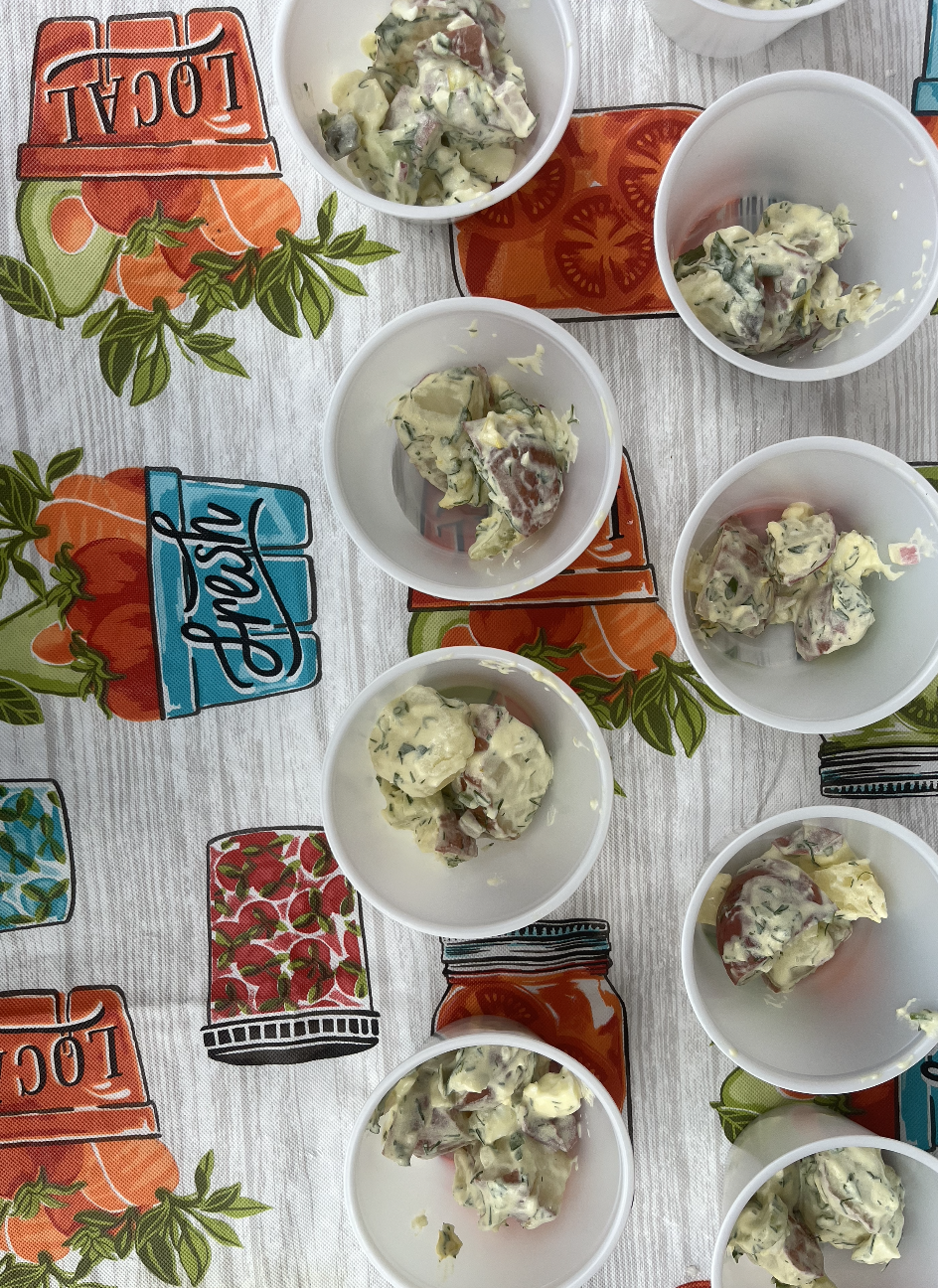Volume 2: New Leaf Organic Farm
/Tucked away in the rolling hills of Monkton, Vermont, New Leaf Organic Farm sits on 5 acres of uneven earth. The farm had once exclusively grown flowers, but when Jill Kopel fell in love with the land some 18 years ago, she expanded what is grown on the hilly land to include all manner of vegetables. The irregular grade of the land, as Jill emphasized, forced her to be increasingly economical in how she managed the farm, utilizing methods such as oligulture (rotating crop beds) and permaculture (multiple crop planting) to maintain healthy soil for the small amount of land that is arable.
The sun had already disappeared by the time I arrived to talk with Jill. Walking down the steep grade, Jill first led me to her farm stand, a small indoor space packed with earthy smelling produce and flowers. Here I was lost in a maze of aromatic flowers and more butternut squash than I had seen in my life. After snapping a few photos of the room, Jill lead me back up the hill, past the house where a small fire crackled to a rustic looking barn. Pulling a great wooden sliding door aside, Jill lead the way inside. The interior was sparse, yet cozy. Stainless steel counters made up a small kitchen while wooden bins were filled to the brim with an assortment of tubers and other root vegetables. Making our way off to the side, Jill sat at a rickety wooden table and proceeded to tell me her “farm story.”
Jill has always loved working outside and spent much of her undergrad years working on farms in Vermont. After she graduated, she continued to work on farms across Vermont until eventually moving to California to pursue a degree in International Farming Development from U.C. Davis. In 2000, Jill was visiting a friend in Vermont when she came across the Howard Farm which only grew flowers at the time. She fell in love with the land and ended up buying Howard Farm which she re-named New Leaf Organic Farm.
Small local farms are an essential part of Vermont culture, Jill explains, a culture of which she is proud to be a member.
Jill and her squash.
“There is such a value in Vermont of growing your own food or eating local, supporting local… the exciting part is seeing all these new farms sprouting up, operations like ours that are diverse and meeting the demand of people that are really excited about our food”
New Leafs is primarily a CSA (Community Supported Agriculture) farm but also sells flowers and for the past 7 years has hosted weddings in its picturesque setting. Jill wants to expand this culture of eating good, whole, local foods to all.
In the past, Jill has partnered with other farms as well as organizations like ACORN to bring her food to a wider community through the Farmacy Program. She enjoys growing food in this caring, holistic way and loves being a part of a greater resilient food system.
“This kind of farming is something I can be proud of. I feel like I am making a difference despite how much work it is… it’s a good tired”
The future for Jill, like so many of us, is filled with uncertainty with all disruptions the COVID-19 virus has brought. While New Leaf saw a drastic drop in their planned events, many more people signed up for their CSA. Jill believes this was because people had more time to explore local options and would like to support this local demand in the future.
“I think small local farms are the future. Especially with COVID, knowing that you can depend on each other and that you can always find good nutritious food close by has felt more important than ever.”
This desire to bring good and wholesome foods to everyone is what I find to be truly special about Vermont. The work of small local farms like New Leaf to bring a culture of healthy eating to everyone gives me hope that we can make a true difference in people’s lives. This future that Jill strives for where local farms feed everyone to provide the majority of their produce is one I want to support. Jill can rightly be proud of this important work.

